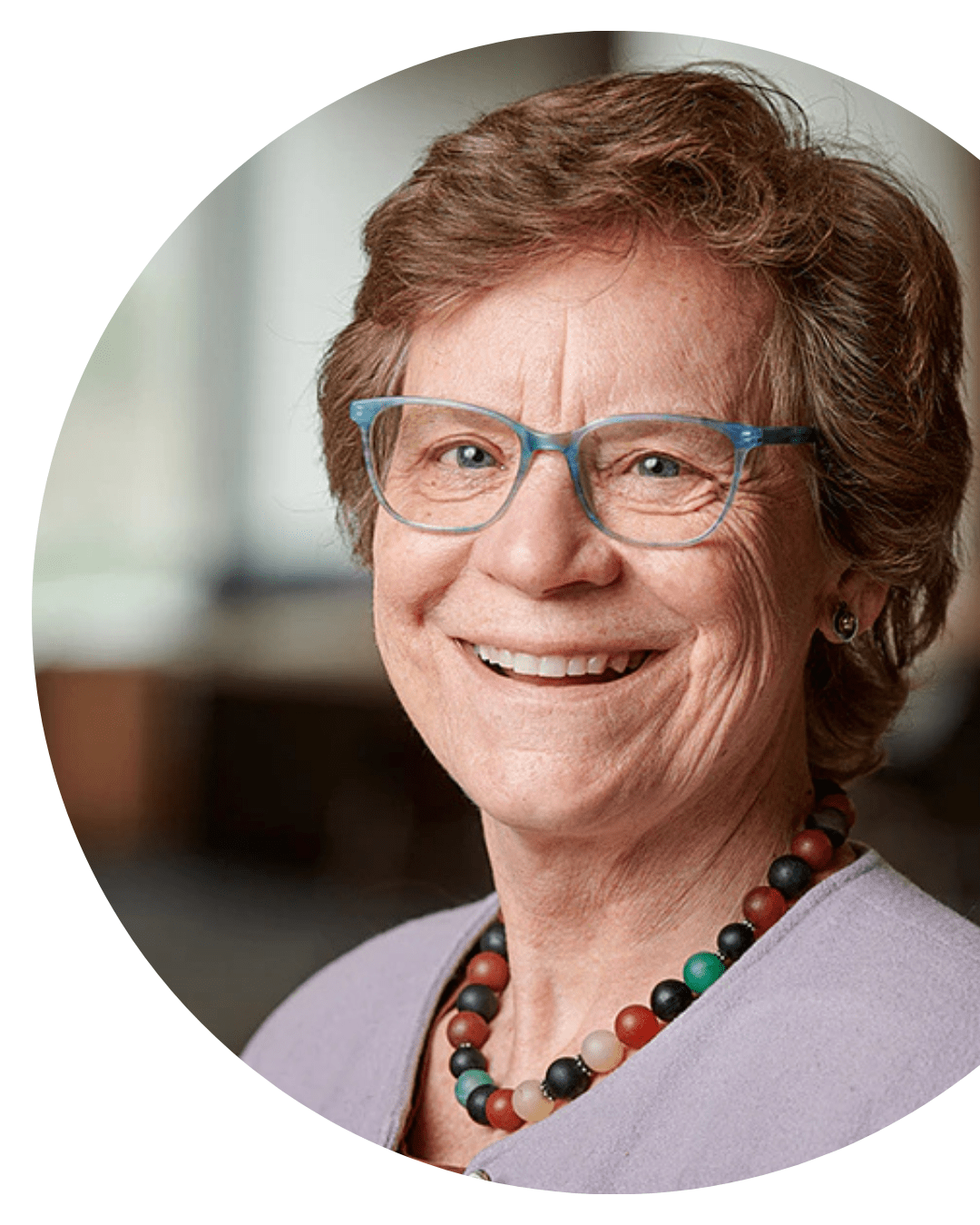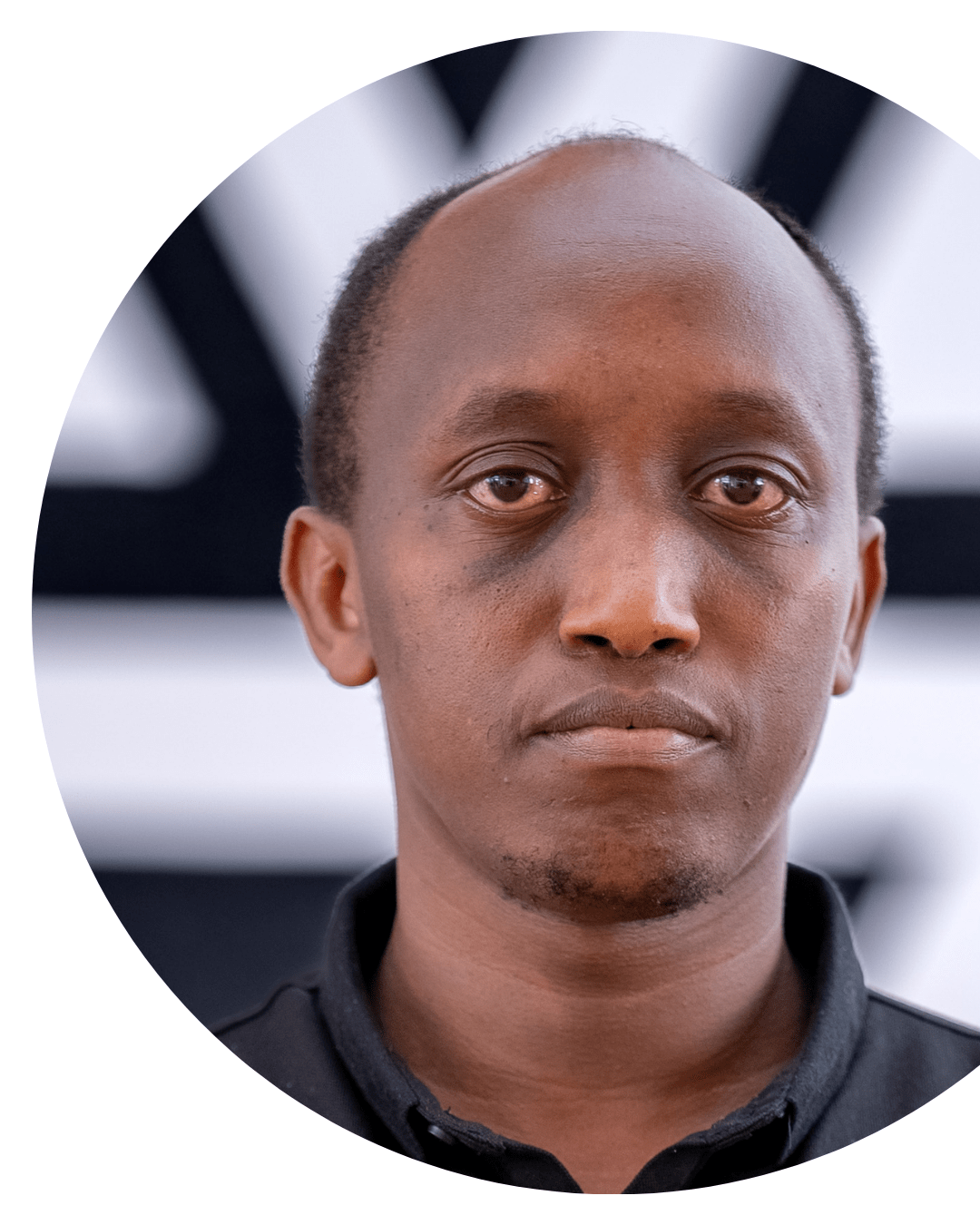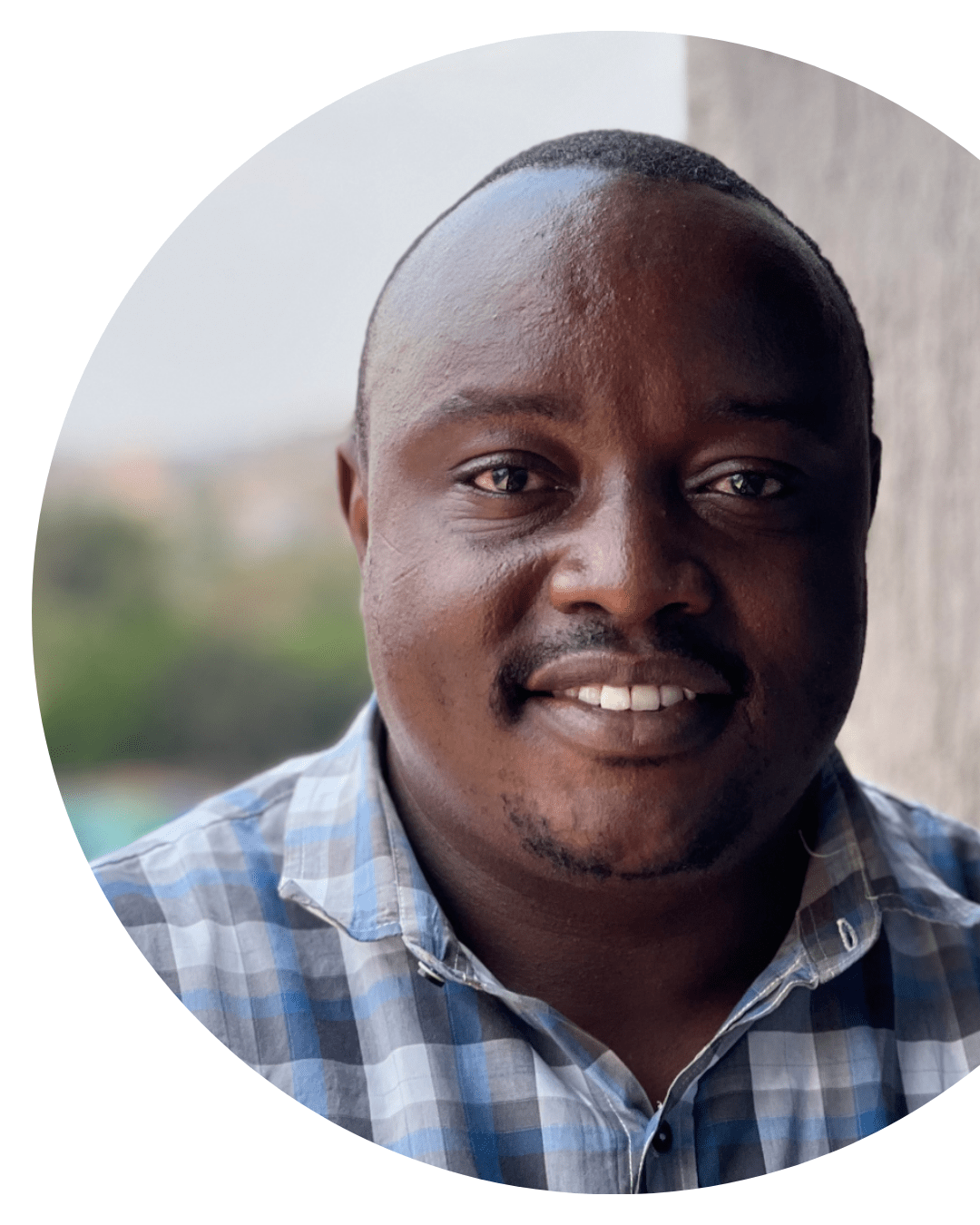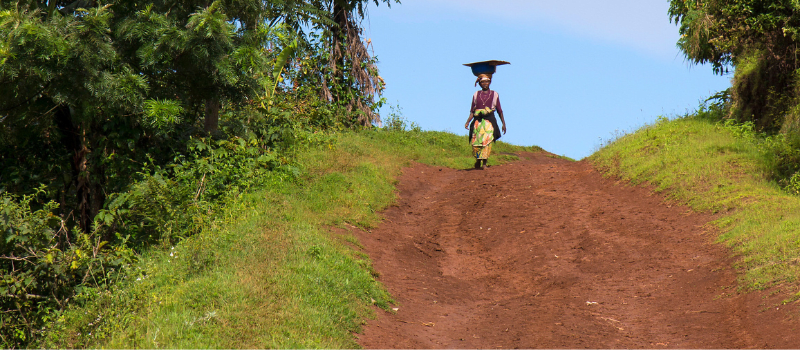Observed annually on November 3rd, One Health Day is a global campaign to raise awareness about the interconnected health of people, animals, and the environment. In celebration of One Health Day 2024, VWB held a one-hour live webinar to explore how community-led "One Health Teams" (OHTs) in Rwanda and Senegal are addressing zoonotic diseases and improving health outcomes. Panelists – partners in VWB’s COHERS project – shared their experiences as community health workers, animal health professionals, and researchers in building collaborative solutions to detect, prevent, and respond to diseases like anthrax and cysticercosis.
ONE HEALTH DAY 2024 WEBINAR: Friday, November 1st @ 10am-11am EST
>> Watch the Replay <<
MEET THE PANEL:

Dr. Cate Dewey (DVM, MSc, PhD)
Assistant Dean and Professor at the Ontario Veterinary College, University of Guelph (Canada)
Cate is the inaugural Director of the One Health Institute at the University of Guelph, where she leads initiatives focused on zoonotic disease prevention. Her work in East Africa has led to behavior changes among smallholder pig farmers, butchers, and consumers to prevent neurocysticercosis (Taenia solium). She has been a professor at Guelph since 1995 and previously served as Chair of the Department of Population Medicine for 11 years, where she led the redesign of the DVM program and helped develop the Master of Public Health program. Cate also held the position of Associate Vice-President (Academic), overseeing undergraduate programs across multiple campuses. She is widely recognized for her commitment to capacity building and advancing One Health research.
In this webinar, Cate shared her One Health research on driving behavior change across the pig-value chain through community and cross-sector collaboration. She also linked these successes to her current work on the COHERS project, highlighting how they inform her approach to training village OHTs.

Dr. Prince Rwagasore
Research Associate at the University of Global Health Equity (UGHE Rwanda)
Prince is a physician and global health leader whose research focuses on the intersection of human, animal, and environmental health. With a strong commitment to promoting social justice and health equity, Prince’s work addresses neglected tropical diseases (NTDs) and zoonotic diseases. He aims to dismantle barriers to care by developing data-driven strategies that strengthen global health systems. Drawing on his experience as a physician, Prince understands the critical need for equitable healthcare solutions, particularly in underserved communities. He holds a medical degree and a master’s degree in global health delivery, with a specialization in One Health.
In this webinar, Prince discussed the early development of One Health capacity, focusing on the curriculum, training, and planned activities for OHTs in Rwanda.
 Dr. Anselme Shyaka (DVM, PhD)
Dr. Anselme Shyaka (DVM, PhD)
Assistant Professor of One Health at the Center for One Health at the University of Global Health Equity (UGHE Rwanda)
Anselme is a veterinarian and molecular researcher specializing in zoonotic pathogen diagnosis and antimicrobial resistance. At the UGHE in Rwanda, his work focuses on reducing antimicrobial use in food animals and mapping the prevalence of resistant pathogens. Anselme is also a member of Rwanda’s Neglected Tropical Diseases (NTD) National Sub-Technical Working Group, contributing to efforts to eliminate NTDs in the country. Anselme holds a PhD in Animal and Food Hygiene from Obihiro University of Agriculture and Veterinary Medicine, where he studied wild birds as a source of Campylobacter jejuni contamination in humans. His postdoctoral research at the University of Leeds focused on human and porcine cysticercosis in Rwanda, underscoring the importance of interdisciplinary approaches to tackling NTDs.
In this webinar, Anselme discussed the collaborative research component of COHERS, and how the findings are shaping One Health strategies moving forward.





